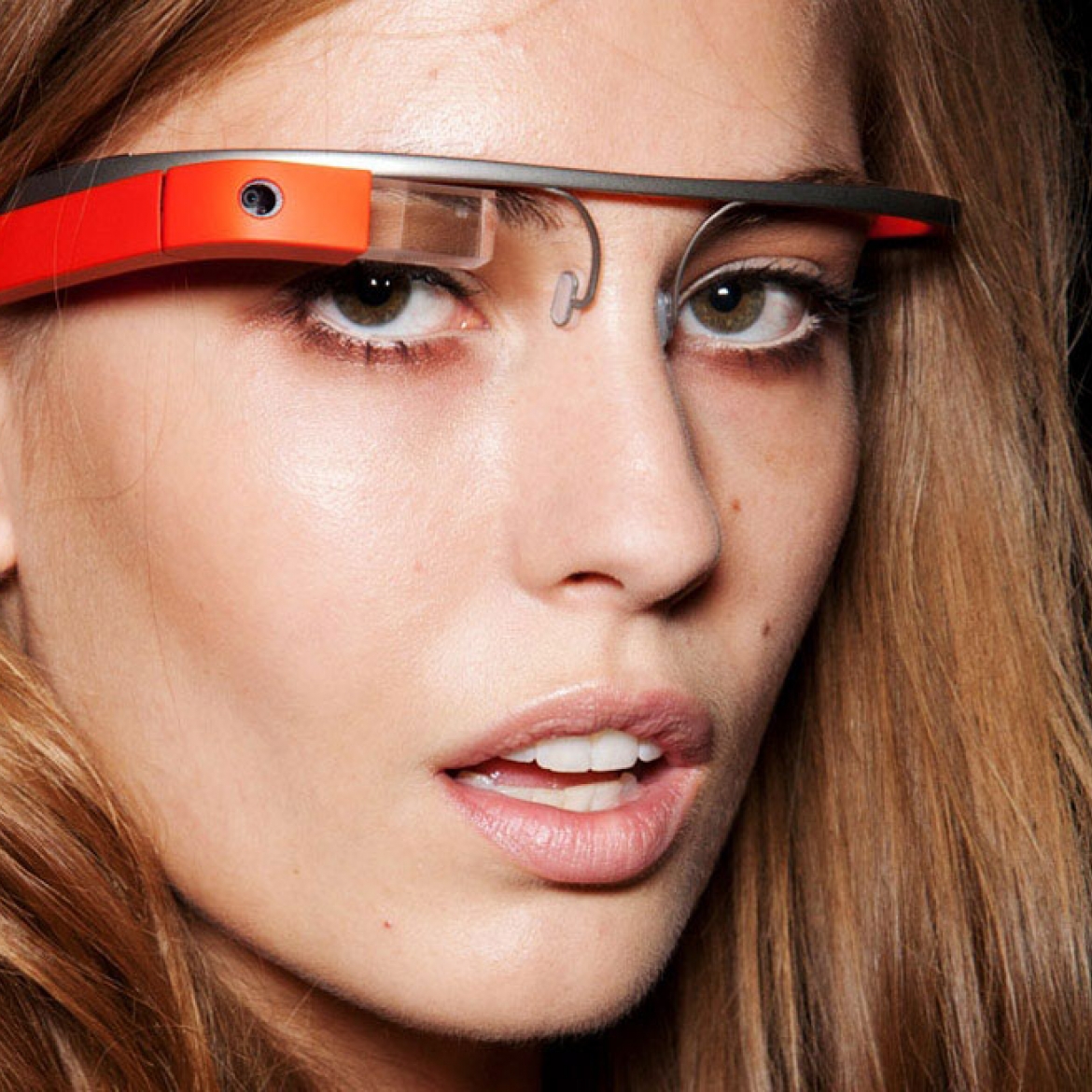

Google on Monday launched its Glass smartglasses in the UK at a price of £1,000, making Britain the first country outside the US where the Android-powered device is available for sale.
Glass can now be purchased by anyone over the age of 18 with a UK credit card and shipping address, the company said. The device has been on sale in the US for two years as a developer preview, and was made generally available in May for $1,500 (£881).
The glasses feature a lens which creates the illusion of a 25-inch screen floating 8 feet in front of the wearer’s right eye, and can be used to display information from Android-based apps specially designed for the device. It can record video, photos and sounds, with audio delivered to the user via bone induction technology. Glass is available with prescription lenses.
The UK devices are billed as test units, and industry observers have said the relatively high price tag is intended partly to restrict Glass to early adopters such as developers for the time being. Google has said it ultimately intends to sell Glass for the price of an average smartphone – and, indeed, even now the device’s bill of hardware amounts to only $150.
The spectacles have gone through five hardware revisions and 12 software updates since 2012, according to a Google spokeswoman.
The UK release of Glass includes improved battery life and voice recognition tuned to British accents, Google said. Glass features about a day’s battery life, sufficient for about 45 minutes of continuous video recording. For the launch, Google released a video in which a cyclist uses the device to get directions and check his pace.
The company has set up a centre in London’s King’s Cross Station allowing potential users to try the device.
“Glassware” currently available for the device includes five UK-specific applications from Star Chart, Shazam, Zombies Run, goal.com and the Guardian. Tesco told the BBC it is testing an application that can be used in its shops.
Google reportedly held talks with the Department for Transport ahead of the launch, after the DfT raised concerns that Glass could prove a distraction for drivers. Google is currently investigating modifications to the device that could allow it to be legally used while driving, such as a mode that would restrict the information displayed while on the road.
“Drivers must give their full attention to the road, which is why it has been illegal since the 1980s to view a screen whilst driving, unless that screen is displaying driving information,” a government spokesman told the BBC. “Google is anxious its products do not pose a road safety risk and is currently considering options to allow the technology to be used in accordance with the law.”
Do you know all about the Android platform? Take our quiz!
New chapter for famous name from Internet's early days, Napster, has been acquired and will…
Solving not-spots? Ofcom proposal to make UK the first European country to allow ordinary smartphones…
Pioneering robotaxi service from Alphabet's Waymo to go live in Washington DC next year, as…
Dozens of Chinese firms added to US export blacklist, in order to hamper Beijing's AI…
Chinese rival BYD overtakes global revenues of Elon Musk's Tesla, as record number of Tesla…
Messaging app Signal in the headlines after a journalist was invited to a top secret…